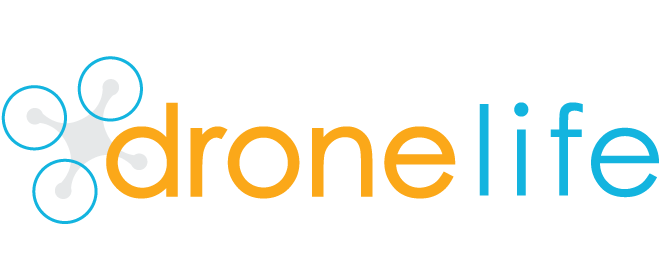Home advancing-access-the-impact-of-drone-delivery-on-healthcare-and-beyond advancing-access-the-impact-of-drone-delivery-on-healthcare-and-beyond
-0.3
C
New York
Monday, January 19, 2026
At DroneSkyz, we strive to be your go-to source for comprehensive insights into the multifaceted realm of drones. Whether you’re an enthusiastic hobbyist or a seasoned professional, we have something for everyone.
© Copyright 2023 - droneskyz.com. All rights reserved.



